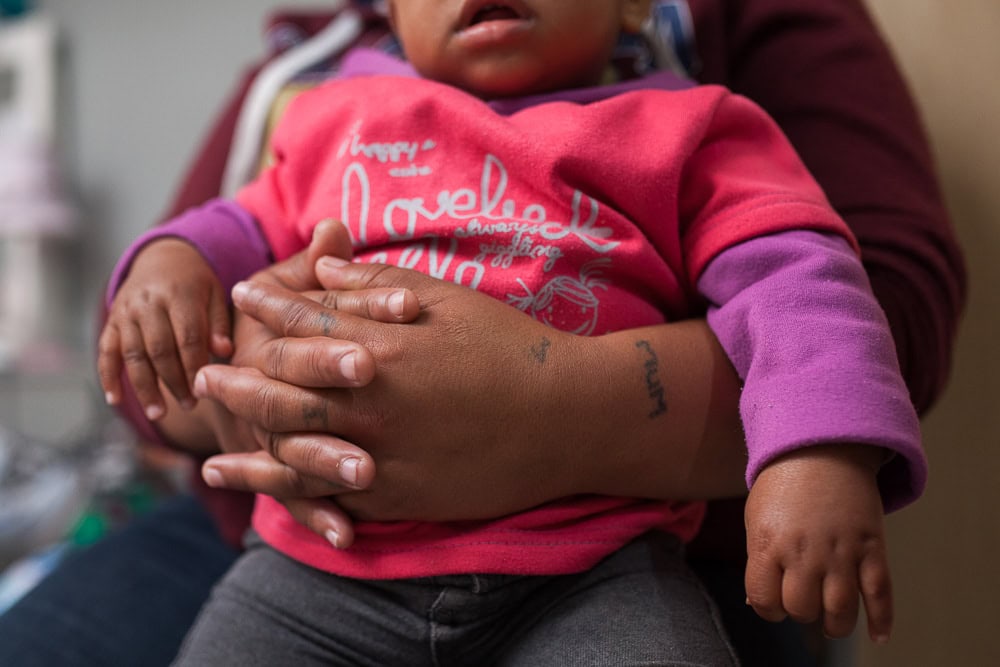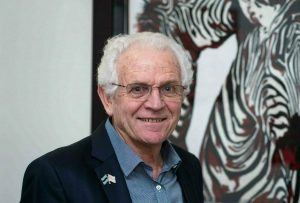By Daniel Steyn for GroundUp
The Department of Social Development in Gauteng has plans to take over adoption services from non-profit organizations (NGOs). This is despite a judgment in 2022 in the High Court that the department’s social workers acted “illegally” and that the national guidelines for adoption are unconstitutional. The department appealed against this ruling.
In a memorandum sent to child protection organizations in Gauteng in April, the department said that it would no longer pay salaries for social workers at NWOs who handle adoptions.
“Dedicated (child protection organisations) charge a fee and can therefore financially and sustainably support the adoption service and continue with it,” the department said.
According to the letter, the department has 58 social workers who provide adoption services and is therefore “in a position to provide adoption services free of charge”.
In response to GroundUp’s questions, Themba Gadeba, spokesperson for the department, argued that “some organizations sell children for an arm and a leg to international couples or individuals”.
Gadeba said the state would provide this service free of charge “to make sure that children are not sold and that the service is not commercialized” and to “prevent human trafficking”.
A director of a child protection and adoption organization in Gauteng, who spoke to GroundUp anonymously for fear of repercussions, said fears about organizations’ “commercialization” of adoption services are being magnified.
Adoption services are governed by the Children’s Act, which provides for the government and NGOs to provide the services.
The Children’s Act makes concessions that fees may be charged for adoption services. The fees are strictly regulated, the director explained. For international adoptions, for example, an organization may not charge more than R35 000. This limit has been in place since 2012 and has never increased, despite the inflationary increases in the costs that the organization has to incur.
Fees are used for salaries and administrative fees and because the services are provided by NWOs, any surplus fees are plowed back into the organisation.
The source said some of the legal work in the adoption process is extremely specialized. This therefore raises questions about the department’s ability to deliver an efficient adoption service that meets legal requirements.
Gadebe, the department’s spokesperson, told GroundUp that the department has a mandate through the Children’s Act to provide adoption services and “qualifies itself” to take over the service.
Court ruling against the department
The Gauteng High Court ruled in 2022 that the national adoption guidelines, which were introduced in Gauteng and several other provinces, were “unconstitutional”. The case was brought by two single women who were represented by the women’s legal service. They argued that the Gauteng Department of Social Development had harassed and treated them unfairly.
The national and provincial departments of social development have since filed an appeal against the verdict. It has yet to be heard.
The two women said the department’s social workers harassed and bullied them. The social workers reportedly refused to process their adoptions due to “cultural reasons” and reportedly threatened to notify the women’s parents of their pregnancies, even though they requested that the information be kept confidential.
In one case, social workers questioned a woman about her plans for adoption and they launched an investigation and effectively prevented the adoption.
Even after the woman approached the children’s court, which ordered the department to issue the required documents to finalize the adoption, the department refused.
Judge Fiona Dippenaar found that the guidelines “extend beyond what legislation allows and that they are in significant ways inconsistent with the Constitution and the Act”.
The judge said voluntary consent to adoption by the biological parents was all that was required. There is no prescription for any “investigation” or that family members must be notified or give consent if the mother is over 18 years of age.
Judge Dippenaar said the department had “developed a behavioral pattern” that had an impact on the adoption of vulnerable children. She ordered that the behavior of the social workers be brought to the attention of the South African Council for Social Service Workers.
GroundUp learns little has changed since the court case. The social workers were never referred to the council and adoption services in Gauteng are still under the same management as when the court case took place.
- This post was originally posted on GroundUp and is used with permission.








